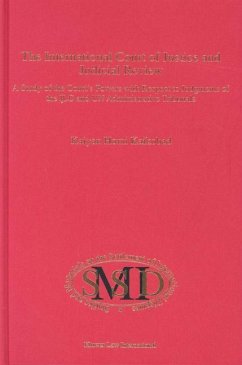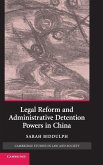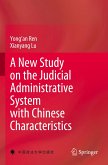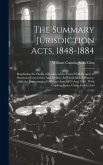This monograph provides an extensive analysis of the powers of judicial review exercised by the International Court of Justice with respect to judgments of the Administrative Tribunals of the International Labour Organization and the United Nations. The grounds on which these judgments can be challenged include excess jurisdiction, procedural errors and errors of law relative to the Charter of the United Nations. The system, however, suffers from a number of difficulties, including lack of procedural equality, the propriety of employing the Court's advisory jurisdiction in employer-employee disputes, and the nature of the activities of the Review Committee of the General Assembly. These problems are examined with a view to shedding light on the nature, scope and extent of the Court's powers of judicial review. The main study is preceded by an exhaustive survey of the genesis of the review system established by the Statutes of these Tribunals. Included also in this volume is an account of the informal and rudimentary judicial review arrangement the Court enjoys by way of its advisory and contentious jurisdiction with respect to institutional action other than that of UNAT and ILOAT judgments. When in 1995 the General Assembly abolished the UNAT review system, various considerations were in the forefront: a detailed survey of which is provided in the penultimate part of the book. Several significant themes are explored in the concluding chapter. These include issues dealing with the motivation for establishing the review system, the divisions within the Court and possible reform, as opposed to abolition, of the system.
Hinweis: Dieser Artikel kann nur an eine deutsche Lieferadresse ausgeliefert werden.
Hinweis: Dieser Artikel kann nur an eine deutsche Lieferadresse ausgeliefert werden.







